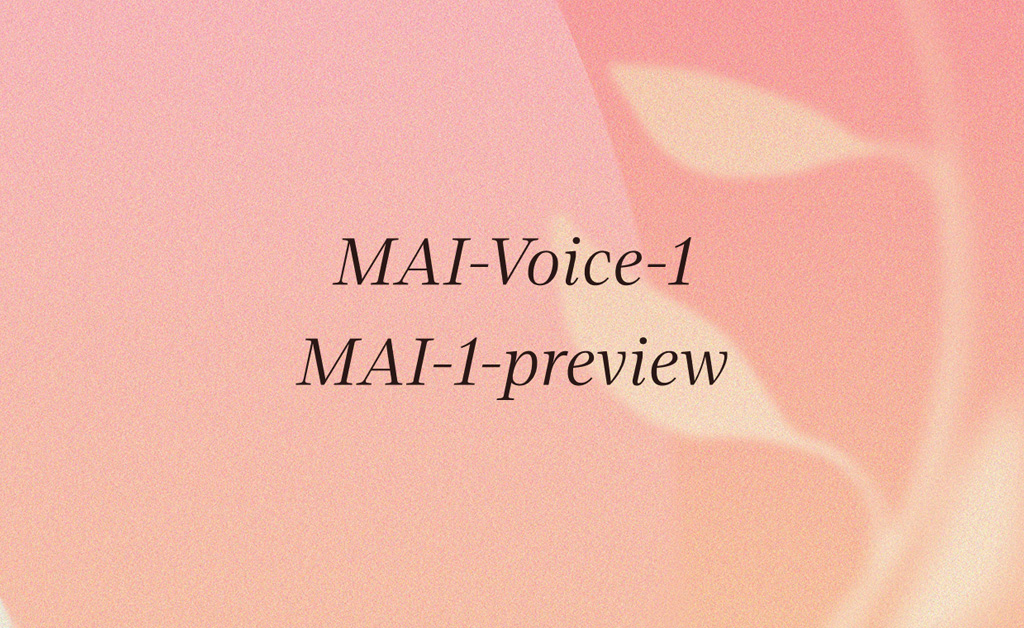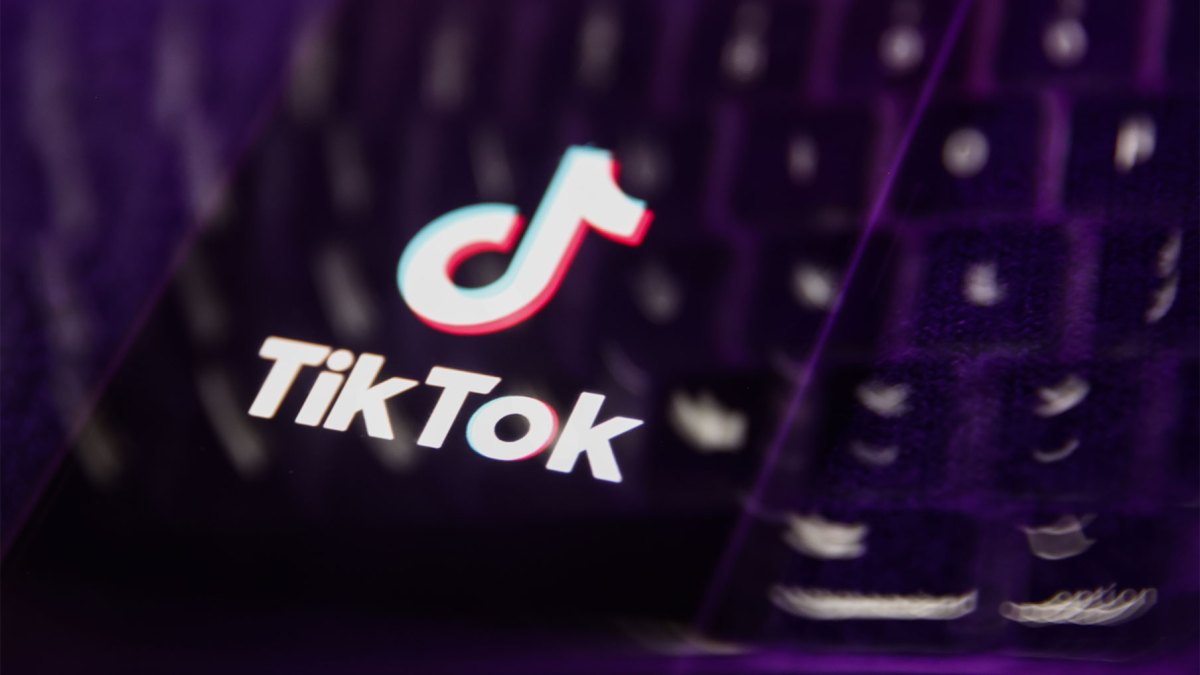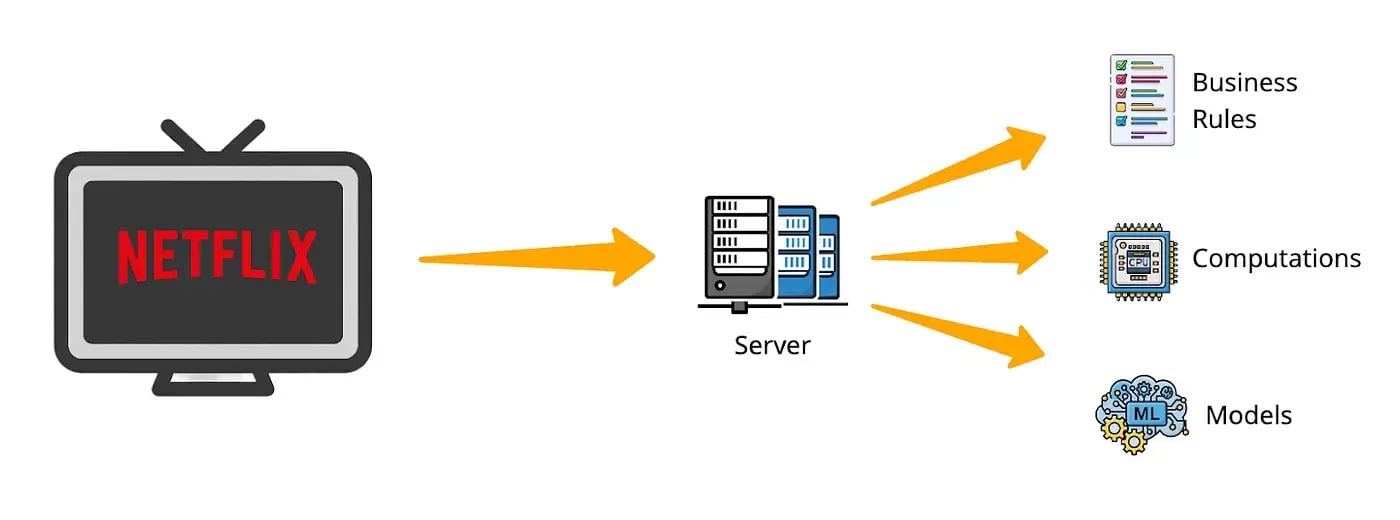- Product & Design Pulse
- Posts
- Product & Design Pulse v55
Product & Design Pulse v55
Messaging Features and AI Rule the Week 💬
Welcome to this week’s edition of Product & Design Pulse, where we explore the latest in tech, product, design, and innovation! Researchers revealed that chatbots can be just as gullible as humans, while Meta scrambled to update teen safety rules and faced early turmoil inside its new Superintelligence Lab. On the policy front, the U.S. government made waves with a rare equity stake in Intel, underscoring just how strategic semiconductors have become. Meanwhile, the product world delivered a flood of updates—from OpenAI’s realtime API to Spotify’s new sharing tools, TikTok’s messaging upgrades, and Google’s enhanced AI editing features.
🎧 Audio Overview [BETA]
For those who don’t have time to read 😁 |
Last week…
Researchers found that AI chatbots can be surprisingly gullible, falling for manipulative prompts much like humans do. The findings raise concerns about how easily these systems can be misled, especially in high-stakes settings. It highlights the need for stronger safeguards against deceptive inputs as AI use scales rapidly.
Meta Tightens Teen Chatbot Rules
Meta is rolling out stricter guardrails for teen users, blocking its chatbots from discussing self-harm, disordered eating, or romantic relationships. Instead, the bots will steer teens toward expert resources while limiting access to certain character personalities. These updates serve as temporary fixes while Meta develops broader protections for young users.
Early Turbulence at Meta’s AI Lab
Just two months after its splashy launch, Meta’s new Superintelligence Lab is already losing talent, with several researchers exiting and some returning to OpenAI. The departures suggest early instability, despite Meta’s heavy recruitment push and lucrative offers. Insiders point to bureaucracy and shifting priorities as signs the lab may struggle to find its footing.
The U.S. government is taking a 10% stake in Intel, a move framed as a national security necessity rather than pure market economics. Critics worry it signals a turn toward industrial policy, but supporters argue it’s the “least bad option” to preserve domestic chipmaking. The investment underscores the growing geopolitical weight of semiconductor leadership.











